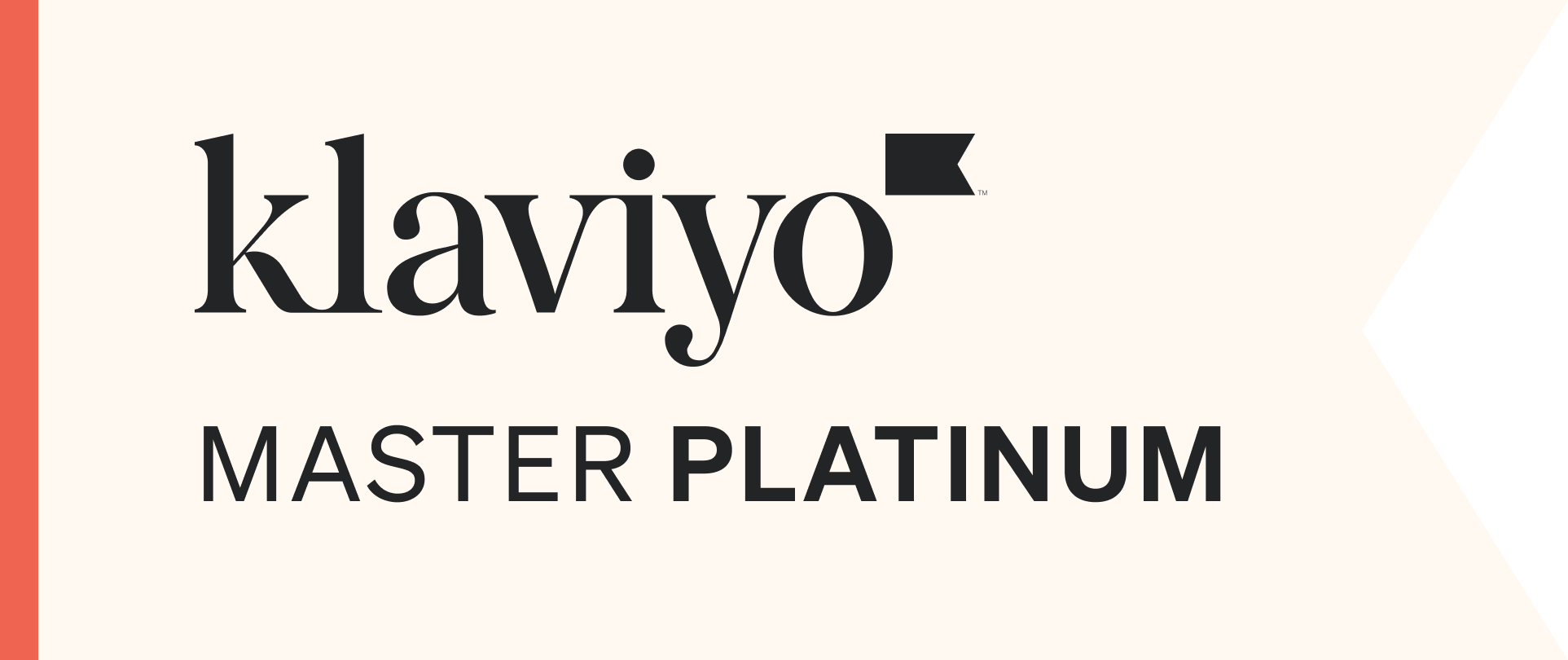By Lorna Franklin on 27 Oct 2022
SEO for B2B & Lead Gen: The Key to Unlocking Real ROI
For those of you who work closely with marketing budgets, you will see that digital marketing channels tend to fall into two main categories: “paid” and “unpaid”. Paid channels are those with dedicated media spend such as paid search, social ads, display and other channels like YouTube. Unpaid traffic channels usually encompass the likes of email, referral, direct and organic search.
With Google’s algorithm evolving so significantly over the years, and with more than $80 billion being spent on SEO in the US, it’s safe to say that viewing organic traffic as unpaid doesn’t seem to have evolved in line with the complex evolution of organic search.
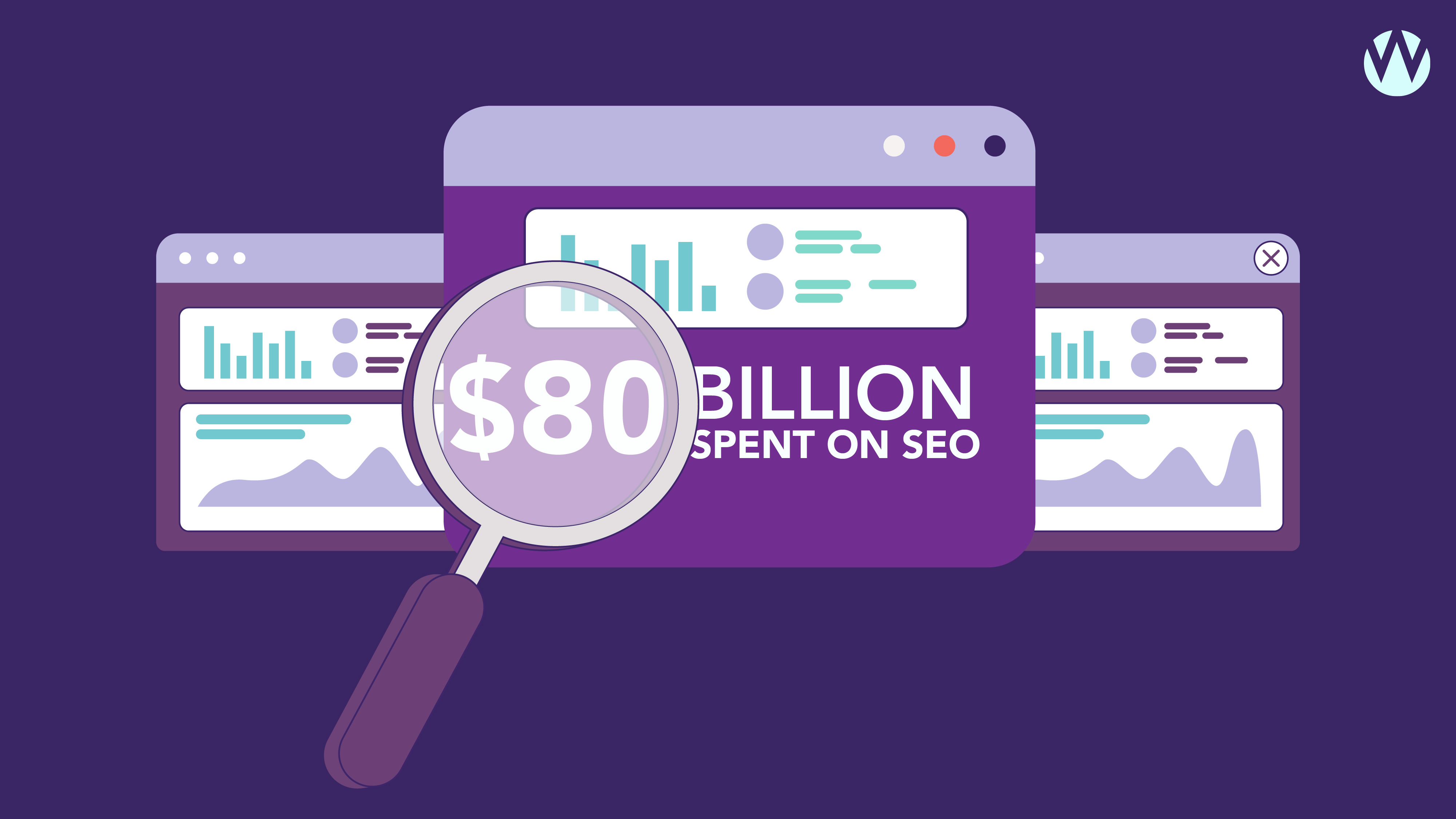
Search (still predominantly Google) continues to dominate the internet, driving 65% of website traffic and 67% of website revenue on a last-click basis. In fact, according to our 2020 KPI report, organic search as a performance channel continues to grow each year, driving 33% of traffic and revenue overall.
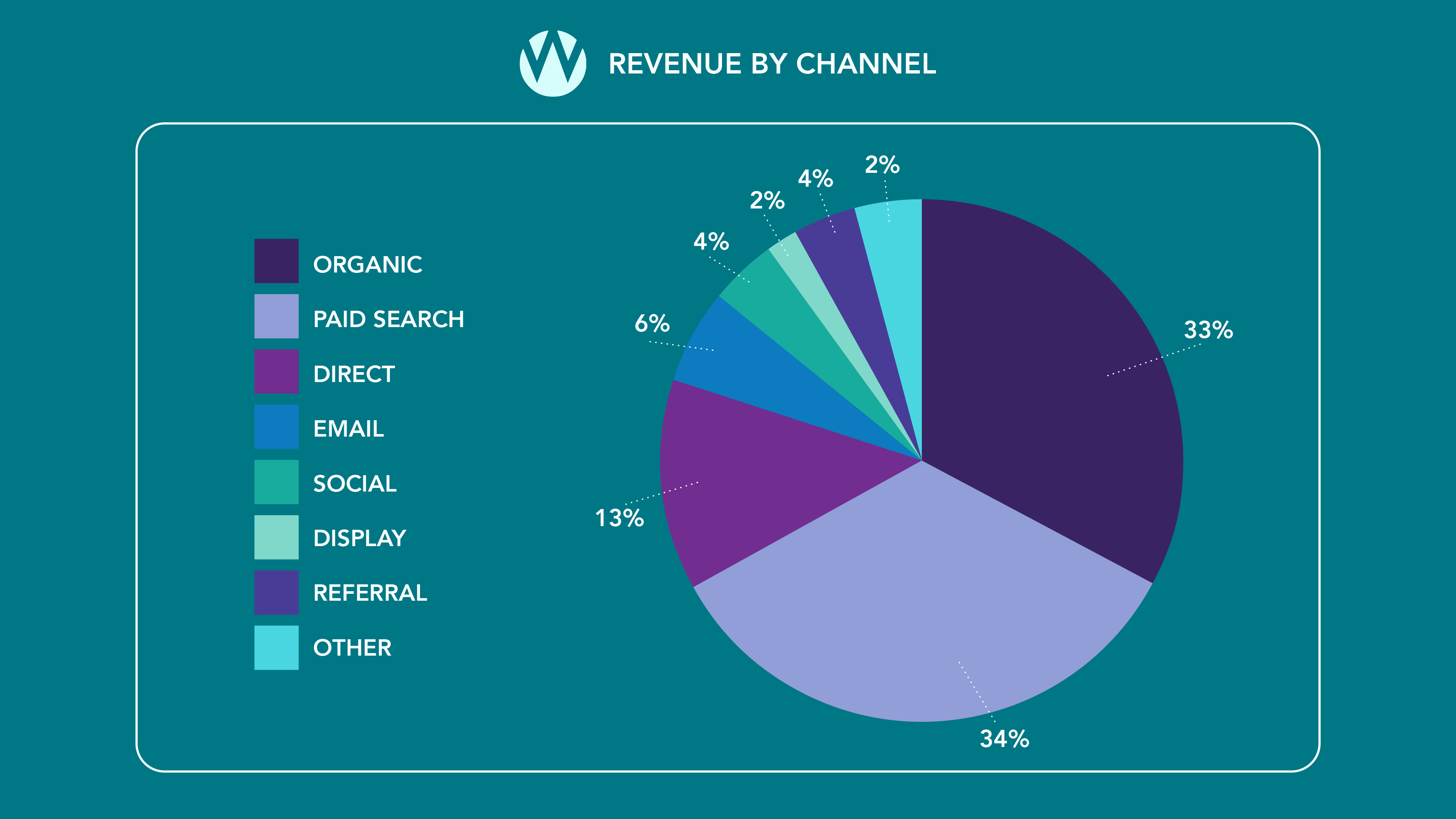
As an agency, it’s easy for us to recommend increasing SEO investment to meet higher targets - after all, higher targets generally require more resources to achieve. However, many in-house marketers are stuck between a rock and a hard place when it comes to organic search. Although it is one of the most cost effective digital channels, when it comes to securing investment it can often seem that organic search gets left by the wayside, overshadowed by its paid counterparts.
Yet, with organic search contributing to over a third of website traffic on average, limiting SEO to a small slice of the marketing budget is a mistake too many marketers make. Often considered a luxury for bigger companies with leftover budgets, we can see from a recent study that only 49% of small businesses invest in SEO. This means that many SMBs have the potential to gain an advantage when it comes to succeeding in organic search, overtaking competitors who haven’t chosen to invest.
Data from a recent study by Backlinko, reveals that small businesses who were dissatisfied with SEO performance, largely correlated with lower spend. While bigger companies tend to invest in SEO more than smaller businesses, in companies of all sizes we often see a trend of “thinking small” when it comes to SEO, especially when compared directly with paid search budgets.
Why Does SEO Work So Well for B2B and Lead Gen?
When we look at the path to purchase for most products, there are four key phases: awareness, consideration, action and loyalty.
In the case of products or services where there is higher cost involved (e.g. B2B or high value lead gen businesses) the “awareness” or “discovery” phase usually involves a significant research element, in which there is one digital channel that plays a vital role and that is, Search.
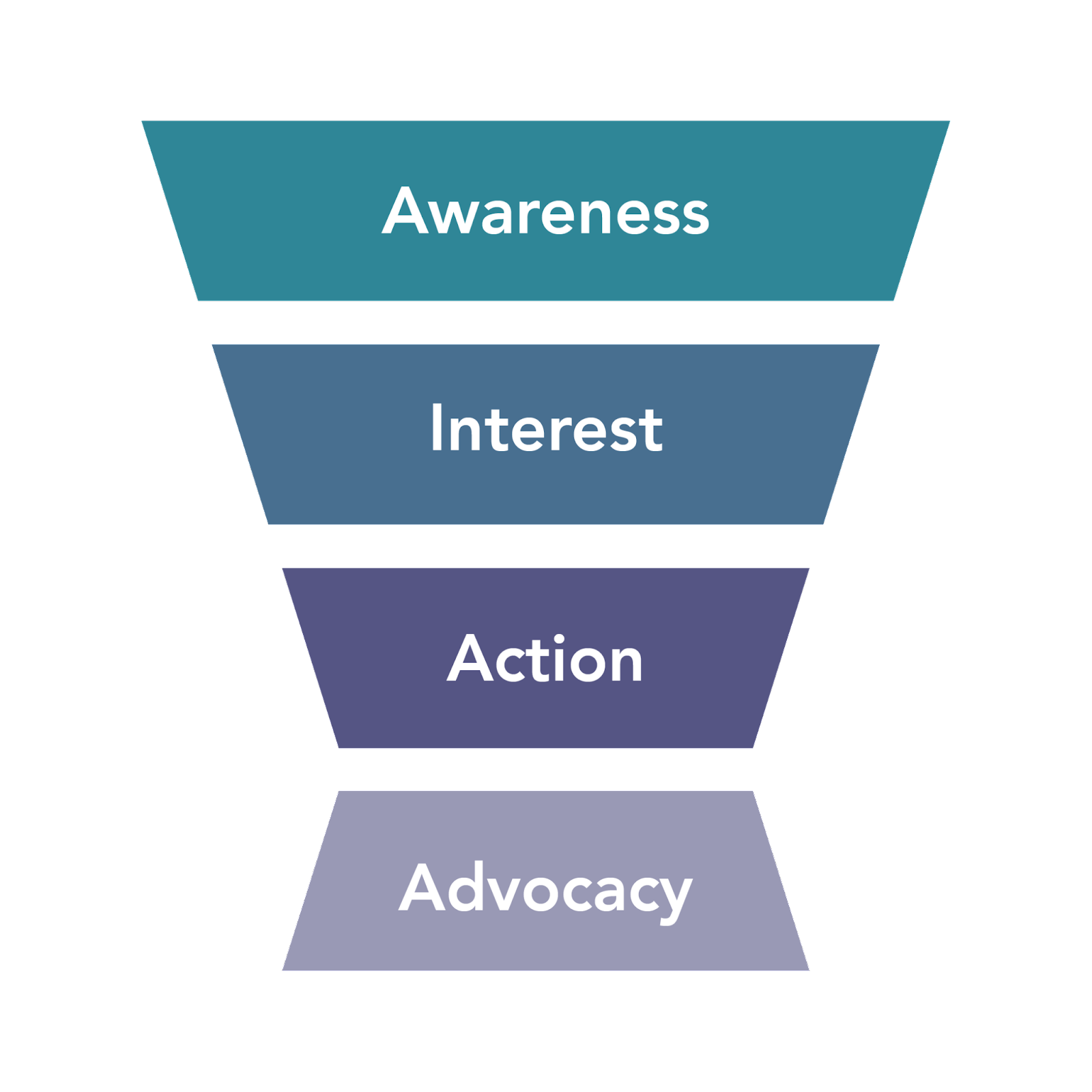
The digital landscape has evolved to turn the traditional marketing funnel into more of a web of touchpoints that users interact with before making a purchase decision. According to Google, buyers spend the bulk of their purchase journey in what they call the “messy middle”, where users repeat a series of actions in the “exploration” and “evaluation” phase, before arriving at their final purchase decision.
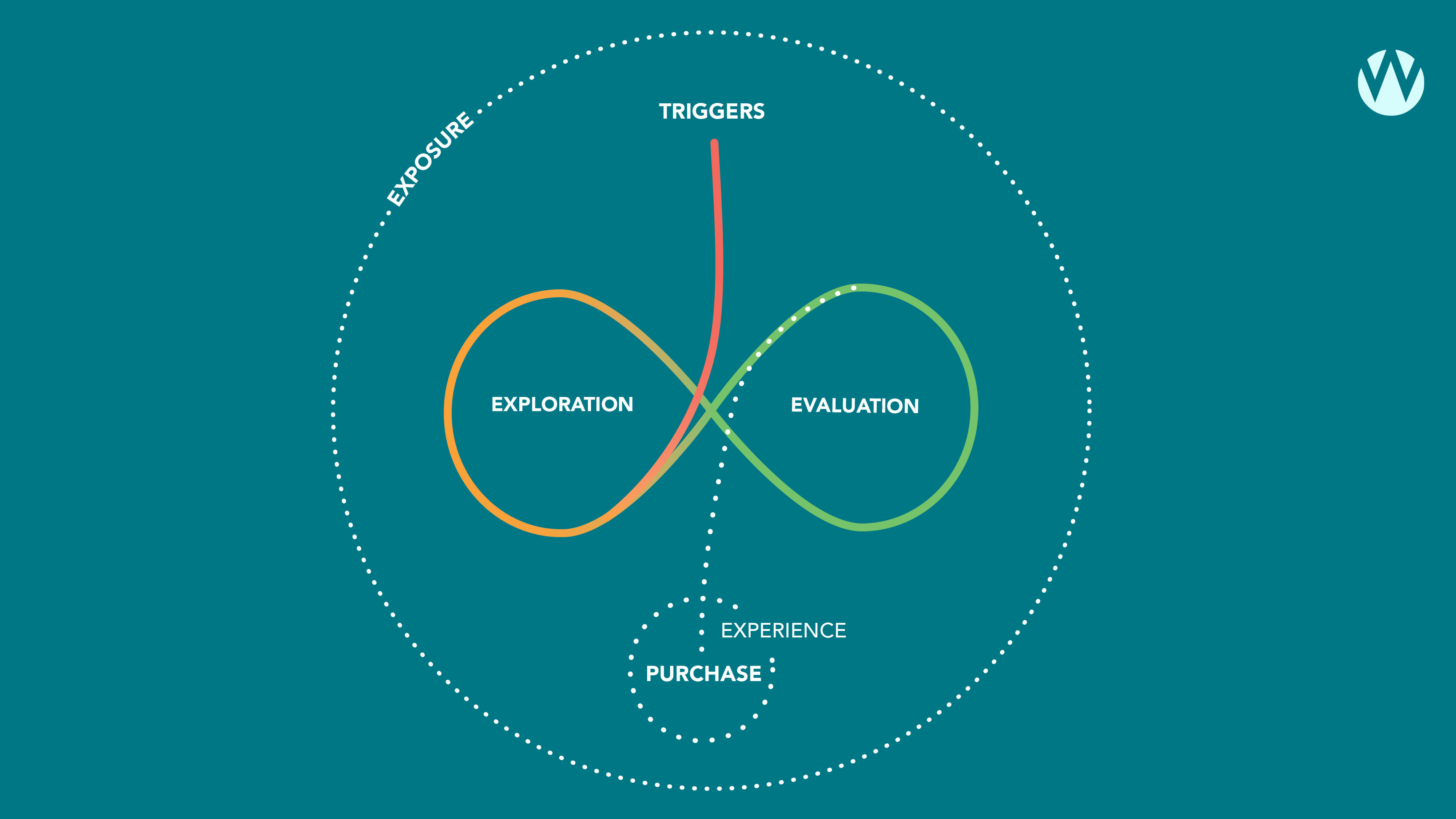
Mastering the ‘Messy Middle’ of the Buyer Journey
To fit this new model, search has had to evolve from keyword matching, to understanding user intent in order to provide the right content to the right user at the right time in their journey.
Let’s consider for a moment the typical amount of consideration and research that goes into buying a new pair of shoes vs. investing in a new software for a large company or pursuing further education. It’s pretty easy to spot which decisions might be more complex. In fact, 77% of B2B buyers admitted that their purchase journey was complex or very difficult.
This makes it essential for these businesses to be visible during each stage of the buyer journey. From the awareness phase, when prospects interact with you for the first time, to the action phase, when a sale is closed. With SEO, the goal is to reduce the time they spend exposed to your competitors at each crucial stage of their buyer journey, increasing your chances of getting that lead.
In Google’s research on how to navigate the “messy middle” of the consumer journey, “the goal isn’t to force people to exit the loop, but to provide them with the information and reassurance they need to make a decision”. And according to Gartner, suppliers that make this journey easier through supporting content, are 3x more likely to land a bigger deal.
Coming back to the traditional marketing funnel below, we can see the role that SEO plays in a full funnel search strategy. Where PPC is designed to capture as many clicks as possible during that “action” stage, implementing PPC and SEO together supercharges our search strategy by answering questions throughout the funnel, where it would be way too expensive to do so with paid search.
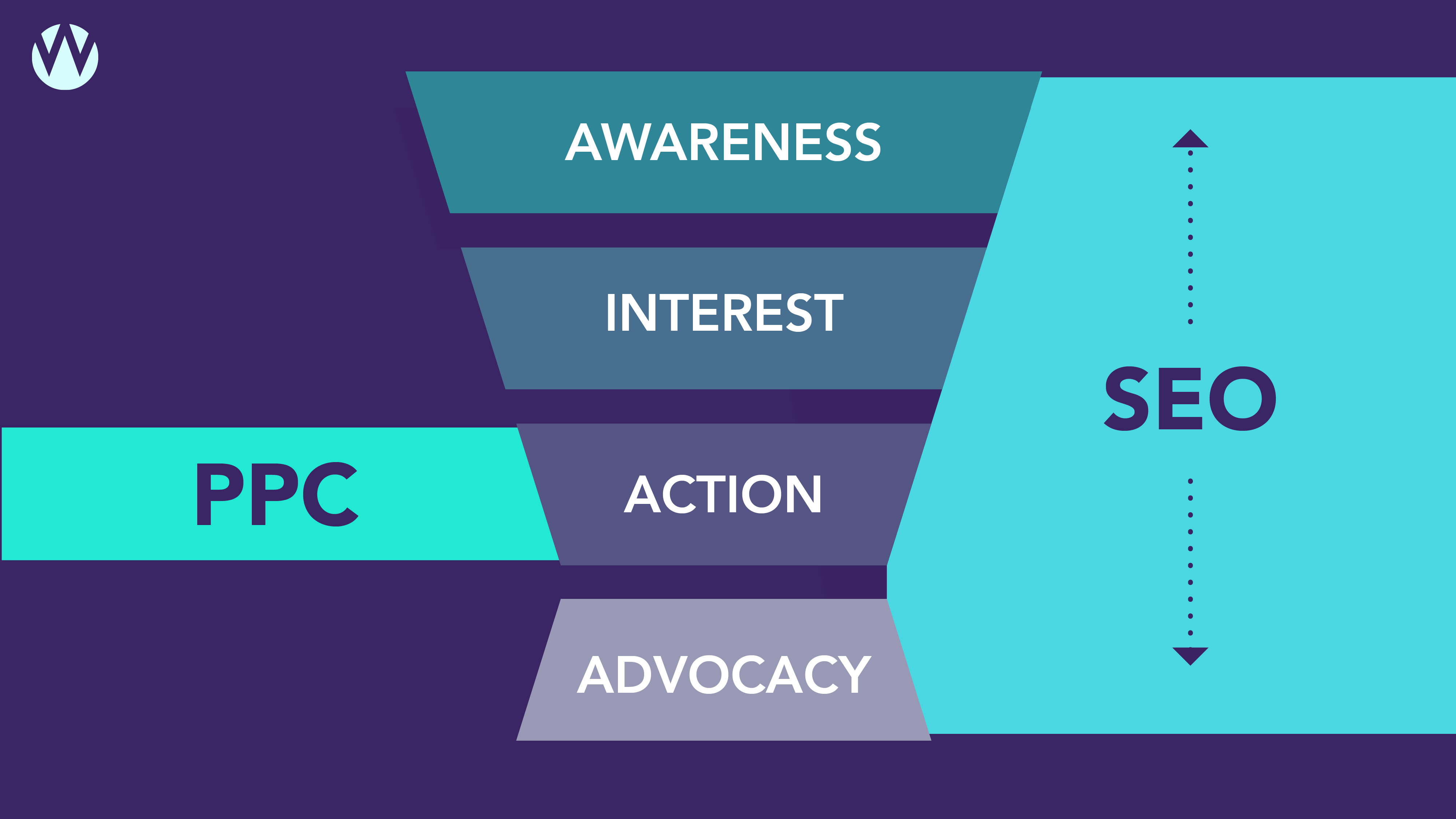
With 62% of B2B buyers saying they can make a purchase selection based solely on digital content, and 80% viewing at least five pieces of content during the purchase process, SEO plays an essential role in attracting prospects during this pivotal research phase.
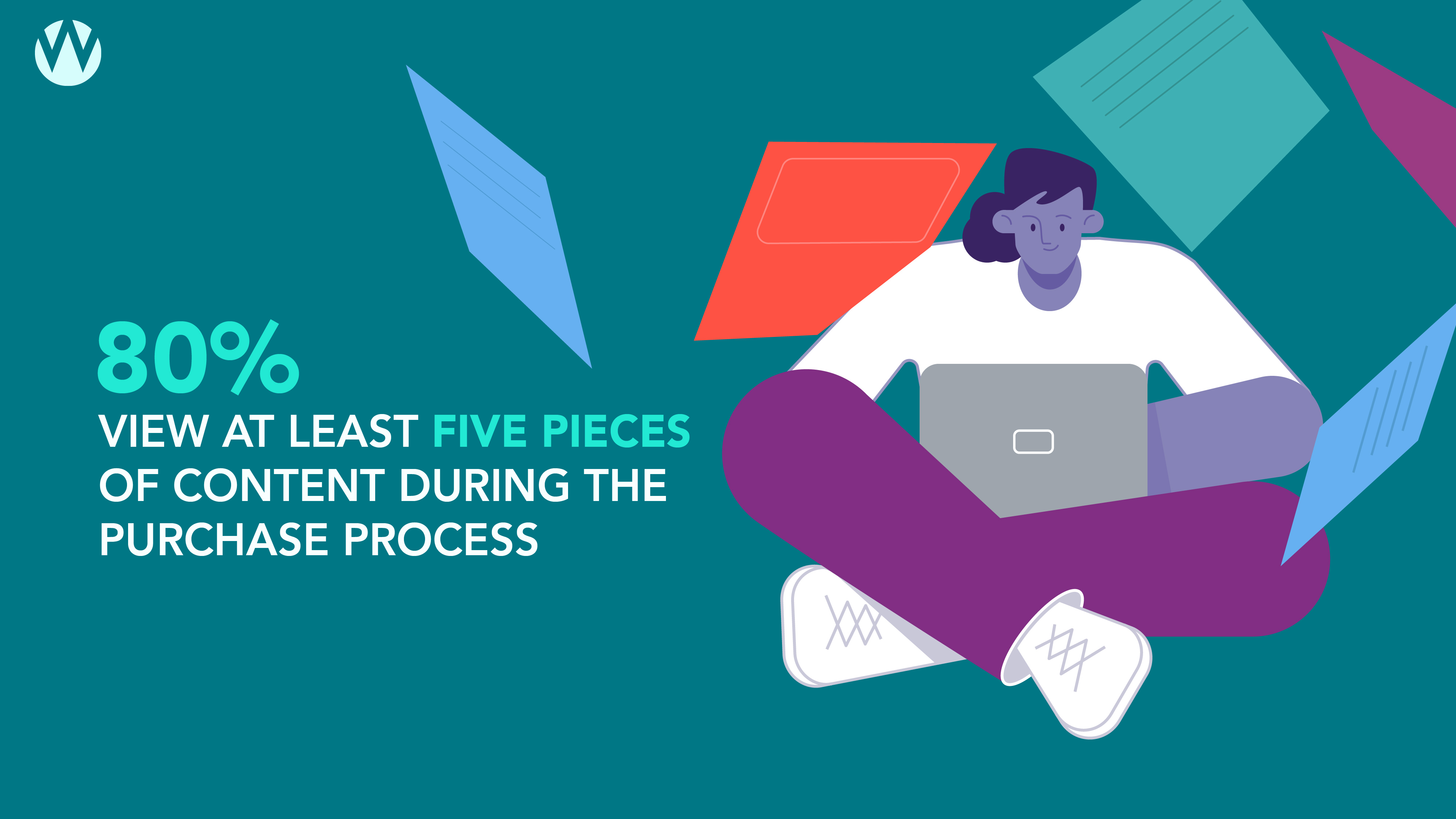
Here’s an example of what a full funnel search strategy looks like in practice:
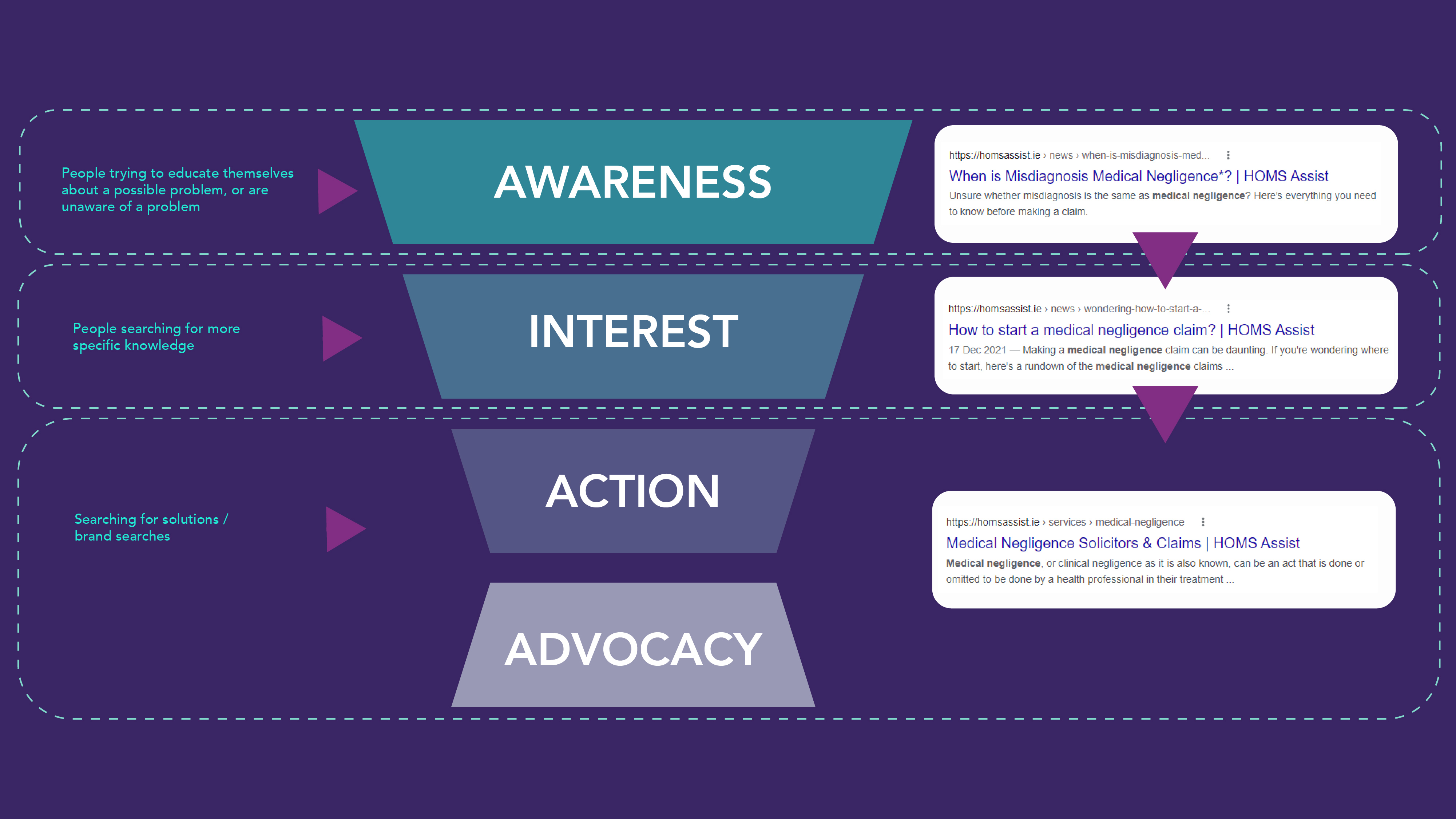
When we consider that the typical customer lifetime value (LTV) for B2B businesses can range from thousands to hundreds of thousands, the number of customers needed to drive significant ROI is much less than typical B2C or “volume” based business models. This makes SEO not only an essential channel for driving traffic at key stages of the funnel, but a no-brainer when it comes to driving digital marketing ROI through the roof!
The Big “R”
For many SEOs “R” stands for ‘Rankings’ but here, we mean ROI.
The only way to really change our thinking, and give SEO a deserved place of prominence in the boardroom, is to change the conversation around organic search.
Search in general is about gaining rankings on a search engine results page - the only difference is that with PPC, we pay for those rankings. With organic search, there are many more factors at play, spanning across disciplines such as content, UX and tech - which leads to SEO being one of the most misunderstood channels among key stakeholders.
Because of this, many either dismiss SEO as “too unknowable to be considered a sound investment” or fall victim to cheap deals and unrealistic “guaranteed page one” promises.
In terms of ROI, we could compare paid and organic search to renting or buying property—one generates ROI only while you continue making monthly payments, while the other requires more initial investment but delivers returns over time. According to Google, “…in most cases, SEOs need at least four months to a year to help your business see potential benefit.” This longer timeframe is something that scares many people away from SEO for fear of “wasting money”, but based on our own client data, the return on investment from organic search is much higher than most marketing channels, particularly when it comes to B2B and high value lead gen business models.
What if ROI from SEO Isn’t as Expected?
Some of you may decide to invest in SEO and figure out that it isn’t driving enough ROI, or any at all. If this is the case, it would be beneficial to ask the following questions:
-
Are you investing enough?
This may seem counterintuitive if ROI isn’t being driven. However with the nature of SEO, it could well be that the level of competition in your niche is higher than the resources you are investing to beat them.
One way to gauge how competitive your niche is is to have a look at the cost per click for paid search queries - generally the higher the average CPC, the more competitive the search market and the longer it will take to overtake organic competitors. If you know that there is revenue growth potential from SEO, based on the competitor landscape, then it is worth considering how much you really need to invest to move past the competition. Remember, the more investment you make, the more time your SEOs have to carry out additional work that will close the competitive gap. - Is my SEO agency focusing on commercial gain?
A key reason why many SEO strategies fail to move the commercial needle is because the SEO industry is renowned for falling victim to an “audit culture”. In short, it means that many SEOs, by nature, enjoy making technical website improvements. However, meticulously (and sometimes painstakingly) ensuring that a site fits every best practice in the book may not always move the needle for your business commercially.
For example, should your website already be more technically sound than those of your competitors, the impact of making further technical improvements may be quite minimal. It is important that your SEO agency takes a strategic approach, which means prioritising tasks based on their commercial impact and time to value. -
How long have you been investing in SEO?
There is no doubt that seeing results from SEO usually takes time. If you have been investing in an SEO agency for less than 6 - 12 months, there is a reasonable chance that you won’t have seen a huge level of ROI just yet, depending on the competitiveness of your niche, you may break even for a year or so as your strategy grows. This is a key consideration for anyone investing in an SEO strategy. However, with this channel, slow and steady certainly wins the race.
The Bottom Line
With paid search and social media advertising becoming increasingly competitive, underinvesting in organic search is something which marketers serious about profitable growth should seriously reconsider.
Looking at PPC cost per click data across clients, in 2022, we have seen a 12% lift in CPC’s vs. H1 2021 and a massive 40% increase in CPCs vs. H1 2020 - that’s a huge increase in budget required to achieve the same results as 2020.
Investing in organic growth should be a key part of any search strategy, not only to get ahead of competition, but to help drive down long-term cost per acquisition through a diverse and sustainable approach to search.
If you are interested in seeing how SEO can help increase the ROI of your digital strategy, why not get in touch with our SEO team so we can help you achieve your business goals?




